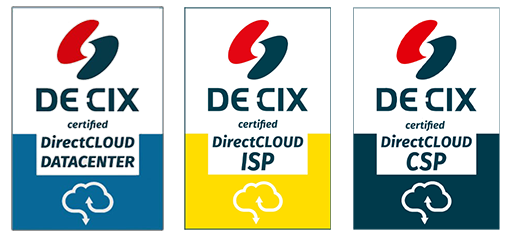Data Center
A data center is a specialized facility designed for hosting, processing, and storing data on server equipment. It ensures the stable operation of a company’s IT infrastructure, the availability of digital services, and the security of information.
What is a Data Center
A data center (also known as a data processing center or DPC) is a high-tech complex that houses servers, data storage systems, communication, and engineering equipment. The main task of a data center is to provide uninterrupted operation of computing resources while maintaining optimal conditions for power supply, cooling, and network connectivity.
Modern data centers are built in accordance with international standards such as TIA-942 and Uptime Institute classifications, which define reliability levels (Tier I–IV). The higher the Tier level, the greater the redundancy of systems and resilience to failures.
How a Data Center Works
The operation of a data center is based on the continuous maintenance and monitoring of all systems:
- Server equipment processes and stores data.
- Power systems (UPS and diesel generators) provide backup electricity.
- Cooling systems maintain optimal temperatures for servers.
- Networks and routers ensure connectivity with the internet and other facilities.
- Security systems include video surveillance, access control, and fire suppression systems.
Data stored in a data center is accessible to users and businesses via secure communication channels. Providers also offer services such as rack rental, colocation, cloud hosting, and data backup.
Use Cases
Data centers are used across a wide range of industries:
- IT and telecommunications – for hosting, SaaS, and cloud computing solutions;
- Finance – for storing critical data and ensuring fault tolerance;
- Industry – for analytics and process automation;
- Government – for centralized data storage and cybersecurity management.
Using data centers helps reduce the costs of maintaining in-house infrastructure while improving the reliability and scalability of business operations.
Advantages
Key advantages of data centers include:
- Reliability – full system redundancy and SLAs of up to 99.999% uptime;
- Security – physical protection, surveillance, and defense against cyberattacks;
- Flexibility and scalability – resources can be increased quickly as demand grows;
- Cost efficiency – eliminates the need for an on-premises server room.
Data centers ensure continuous IT system operation, minimize downtime, and protect data from loss or corruption.
Frequently Asked Questions (FAQ)
A server room is designed for a limited number of servers and usually lacks full redundancy systems. A data center is an industrial-grade facility equipped with backup power, climate control, and 24/7 maintenance — ensuring high reliability and uptime.
The Tier classification defines a data center’s redundancy level:
- Tier I – basic infrastructure with no redundancy;
- Tier II – partial redundancy;
- Tier III – maintenance can be performed without service interruption;
- Tier IV – full redundancy with maximum availability (up to 99.999% uptime).
Data centers are used by IT companies, telecom operators, banks, online platforms, and government institutions. They either host their own servers or rent resources from providers to ensure continuous operation of websites, cloud platforms, databases, and internal business applications.
Yes. Most providers offer rack, unit, or virtual server rental. This allows companies to use computing resources as needed without purchasing or maintaining their own equipment.






